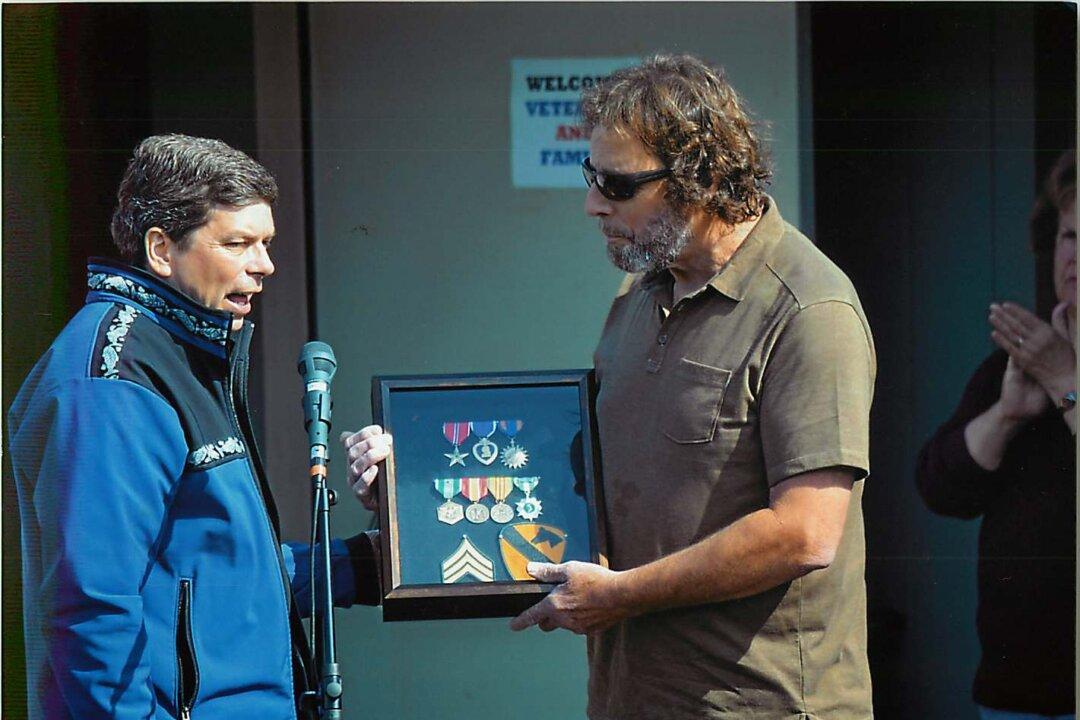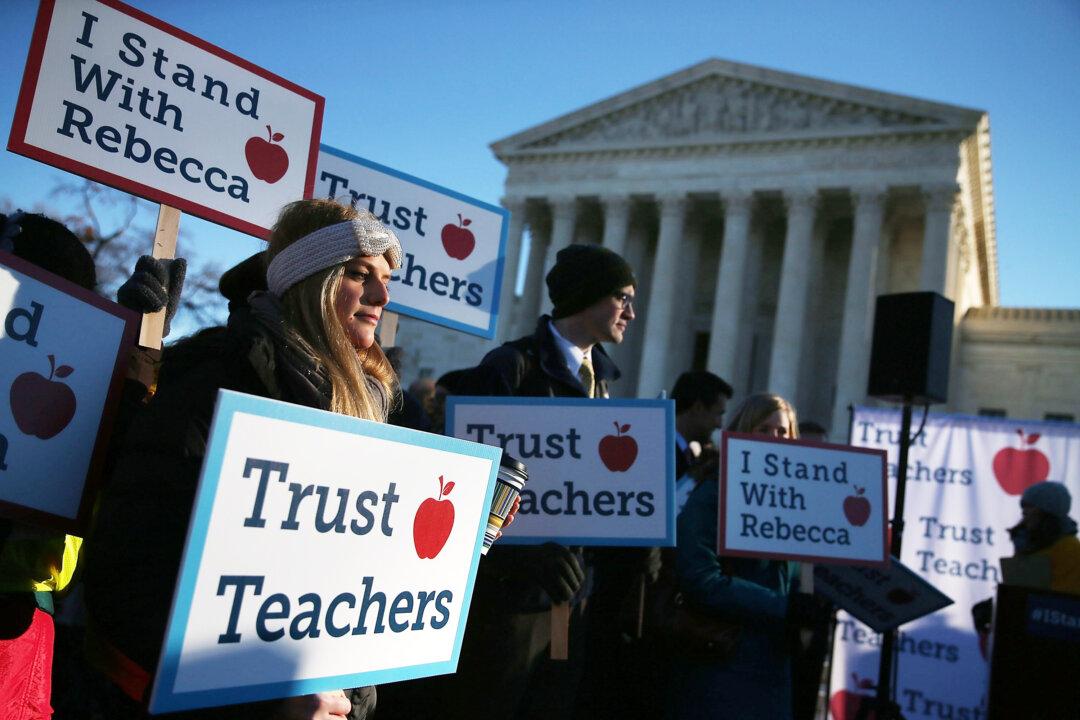Forty-three years after its conclusion, the Vietnam War remains arguably the most controversial conflict in American history.
To some, the 20-year struggle was a misguided and ill-planned attempt by the United States to meddle in foreign affairs. To others, the war began as a noble American attempt to protect South Vietnam from the communist North, and ended in a shameful betrayal of the South.




